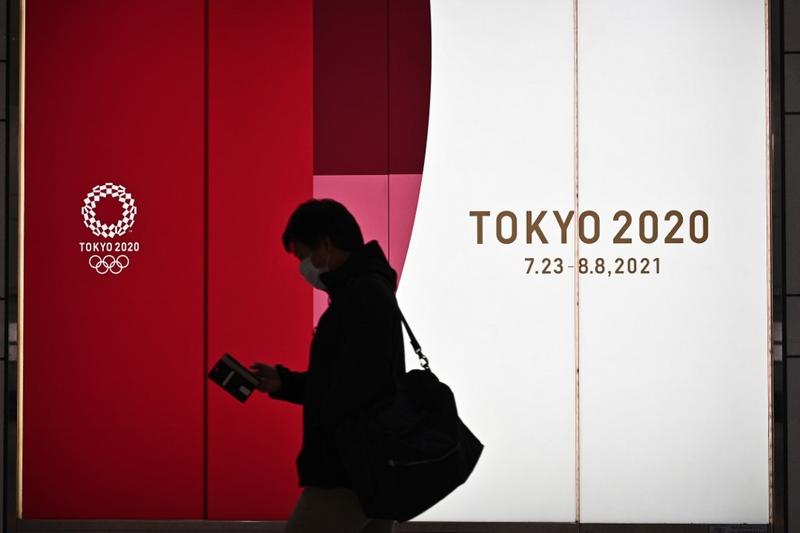 A man walks along a corridor past an official Tokyo 2020 Summer Olympics advertisement board in the Shinjuku district of Tokyo on Nov 30, 2020. (PHOTO / AFP)
A man walks along a corridor past an official Tokyo 2020 Summer Olympics advertisement board in the Shinjuku district of Tokyo on Nov 30, 2020. (PHOTO / AFP)
TOKYO - Organizers of the Tokyo Olympics will spend US$900 million on measures to stop the spread of the coronavirus at next year’s Games, they said on Tuesday, as they unveiled their latest budget for the delayed tournament.
The organizers repeated their projection that the total cost of the postponement, including the COVID-19 countermeasures, would come to about US$2.8 billion, bringing the entire cost of holding the Games to about US$15.4 billion.
“We want to build the best possible system by continuing to interact with the relevant organisations of doctors and nurses,” Tokyo Olympics chief executive Toshiro Muto told reporters.
The COVID-19 countermeasures will include PCR testing infrastructure, setting up a clinic, as well as creating remote coverage set-ups and countermeasures at food and drink processing centres, the budget summary showed
ALSO READ: Tokyo Olympics athletes 'do not have to isolate for 14 days'
“It’s still a big issue for us to secure as many medical staff as we hope for when faced with a situation where private medical institutions are struggling with management because of the coronavirus,” Muto said.
The organizers took the unprecedented step of postponing the Olympics in March because of the pandemic and the government of Prime Minister Yoshihide Suga, who has declared he will host the Olympics “at any cost”, is pressing ahead with the preparations.
The Games are the legacy of the ex-premier Shinzo Abe who resigned in September. Under his watch, Japan secured the Olympics and invested billions of dollars in their organisation, having gathered more than US$3 billion in domestic sponsorship.
READ MORE: Bach encourages athletes to get ready for Tokyo Olympics
Even before the postponement, the Olympics had gone above the initial budget with almost US$13 billion already spent, according to the organizers.
The COVID-19 countermeasures will include PCR testing infrastructure, setting up a clinic, as well as creating remote coverage set-ups and countermeasures at food and drink processing centres, the budget summary showed.
Some of the extra costs would be covered by additional sponsorship and insurance, organizers said this month. They would also tap a contingency fund detailed in last year’s budget to cover some costs.



